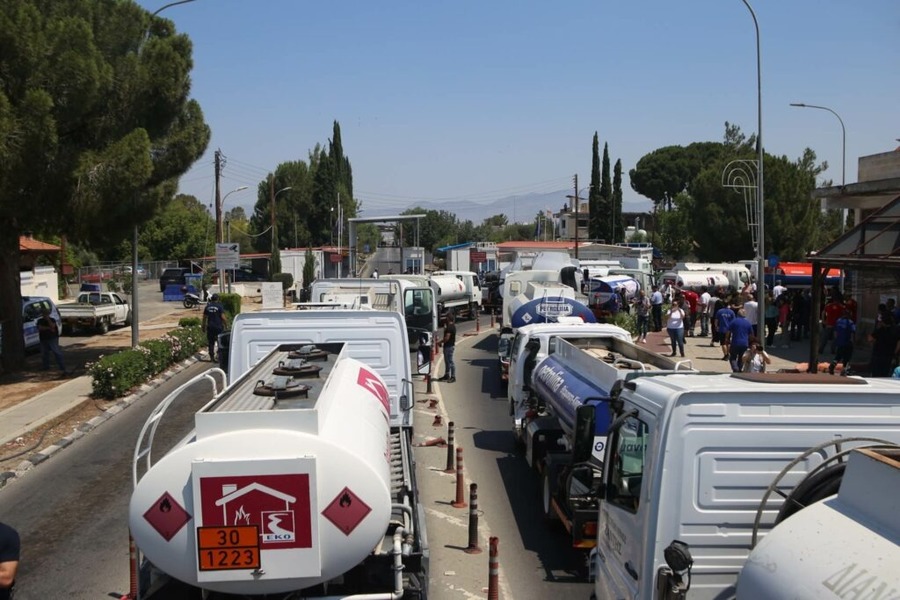Fuels are among the goods allowed to be transported through the Green Line, provided they are for personal use, do not exceed a value of €260, and are contained in the vehicle’s fuel tank or a portable container with a capacity of no more than ten litres, European Commission representative, Stephan de Kersemaker told the Cyprus News Agency (CNA).
De Kersemaker was asked by CNA to comment on the controls conducted by the Republic of Cyprus on roadblocks from the occupied areas.
Referring to the Green Line Regulation, the Commission’s representative mentioned that the text “states that goods contained in the personal luggage of individuals crossing the Green Line are exempt from value-added tax, special consumption tax, as well as other duties, provided they are non-commercial and their total value does not exceed €260 per person.”
Furthermore, he added that goods are considered “non-commercial if their purchase is occasional and exclusively consists of goods for personal or family use by travellers.”
“The nature or quantity of the goods must not indicate that they are imported for commercial purposes,” de Kersemaker continued.
Regarding fuels, he emphasised that they “are considered to fall within this definition, as long as they are contained in a regular vehicle’s fuel tank or in a portable container, and do not exceed ten litres.”
The Green Line Regulation sets out the terms under which persons and goods can cross from non-government-controlled areas into government-controlled areas.
Pursuant to the introduction of the Green Line Regulation in 2004, the value of Green Line trade (trade of goods from the Turkish Cypriot community to the Greek Cypriot community) has reached an all-time high in 2022, EUR 14,647,241, constituting a 138% increase compared to 2021 (EUR 6,151,022).
Petrol station owners in Republic-controlled areas have been protesting over “unfair competition” from the occupied north, as an increasing number of citizens have been crossing the Green Line to buy cheaper fuel.

